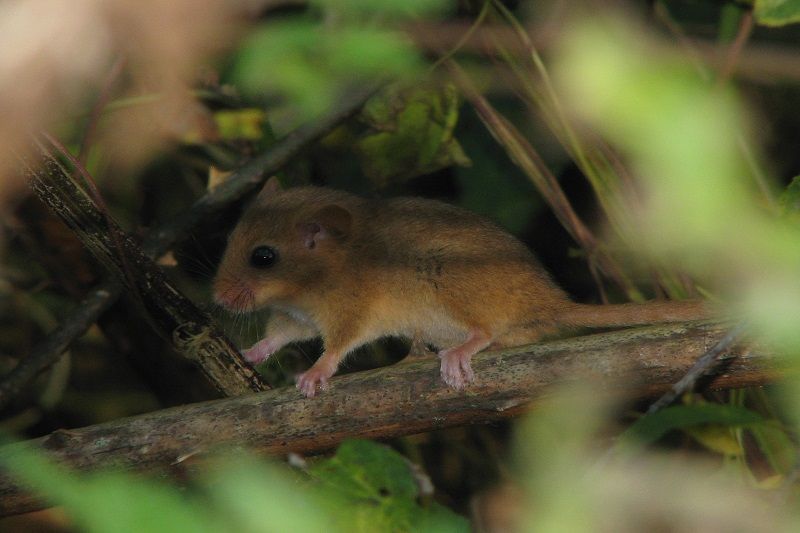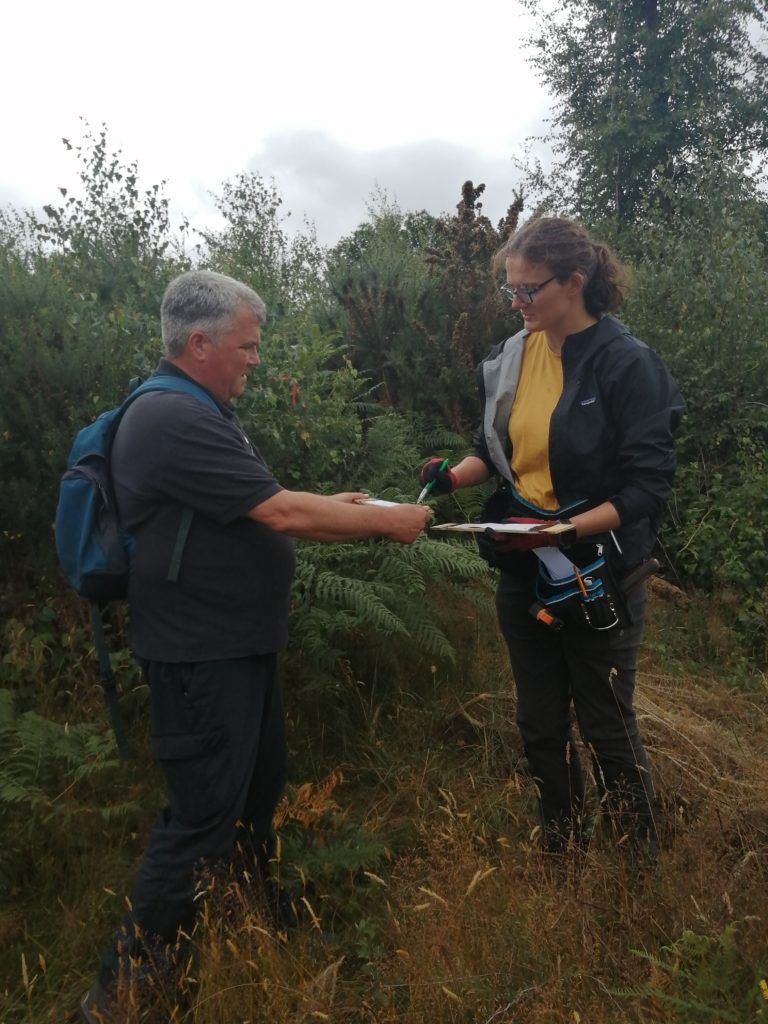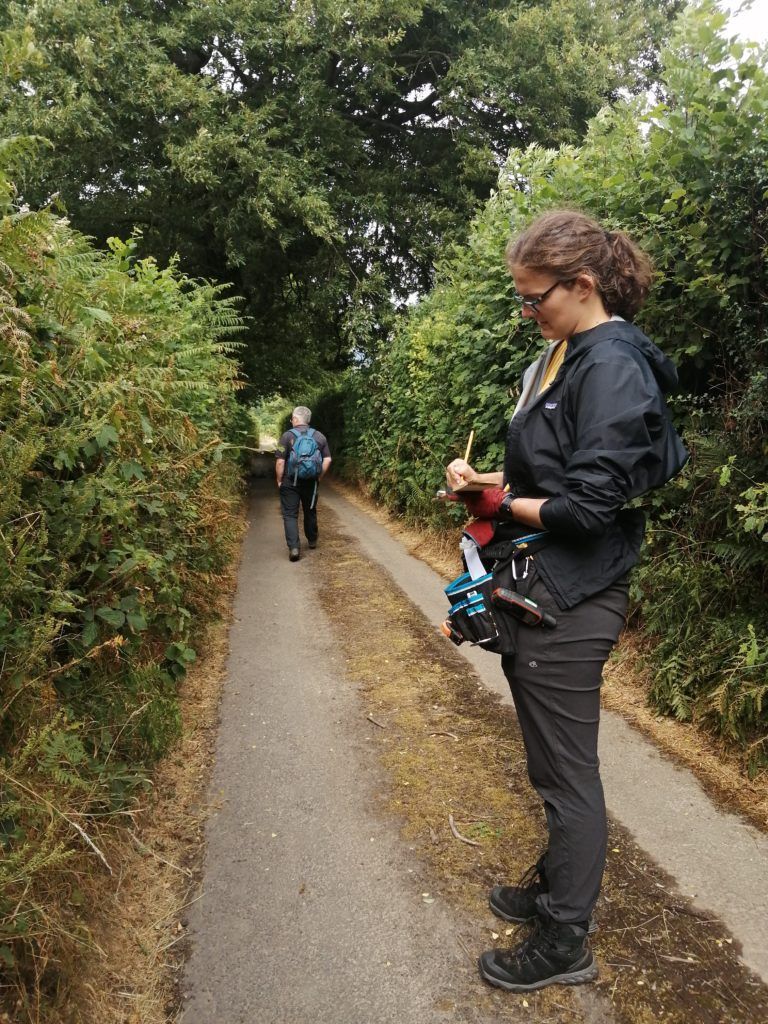Meet Ellie Scopes: PTES project leader
In this series, we chat to the dedicated staff members, conservation partners and volunteers at PTES. We find out why each of them chose a career in wildlife conservation, what they find rewarding about their work and what they love most about what they do.
Ellie Scopes
Project leader and PhD student at the University of Exeter
Why did you decide to go into dormouse conservation?
It was a little accidental for me! I was lucky enough to work with small mammals on Guernsey for my Masters project, where I fell in love with them and realised that there were still many conservation questions to be asked. So luckily, when a PhD on dormice came up at just the right time, I jumped at the chance to work with such a charismatic yet threatened species, where my research might have a real impact.
Has your conservation work been rewarding and if so, in what way?
It was been very rewarding to use my favourite research techniques (which I am nerdy enough to have!) to help dormice. I have loved discussing dormice with volunteers and fellow researchers so that I can research vital conservation questions that have real world applications.
What are the main reasons for some of your greatest successes?
I have been lucky enough to collaborate with many fantastic researchers and dormouse volunteers who have helped me understand dormice and the threats the face, and improve my skills to tackle research. All of the successes I have, such as finishing PhD chapters that I hope to publish, have been due to sharing knowledge and skills – this is a vital part of conservation and research as a whole.
Reflecting on your past, what has been one of your most memorable experiences so far?
Mine was quite recently at the International Dormouse Conference in May 2022. I was quite nervous going as this was my first conference, but everyone was so friendly and welcoming – I felt a real sense of inclusion within both the UK and European dormouse community. There were also lots of really interesting talks and presentations, and I got to see two new dormouse species for me, the forest dormouse, and the rare Roach’s mouse-tailed dormouse, which made it extra special.

What difficulties or challenges do you face in your work and how do you think you’ll overcome them?
I’m coming up to the end of my PhD, so the final deadline is in sight. That means I need to make sure I finish up all my research in time! I have made sure to plan out the steps that remain, with some wiggle room for the inevitable setbacks and I should be OK with some hard work near the end. Over the last few years of the PhD I’ve realised the importance of setting goals, but also not being overly concerned if I miss them due to setbacks I couldn’t anticipate. Things always go wrong, so I try to leave room!
How can we best inspire the younger generation?
I think its important to get kids interested in nature as young as possible, by giving them the opportunity to explore and discover all the fascinating plants and creatures around us. We also need to focus on hope for the future and solutions to all the issues we face. If we focus to much on the threats and disasters, no matter how important it is to know what it occurring, its too easy to think there is nothing to be done, so why bother. But we have solutions and actions we can take, if we are willing to change, that give me inspiration, and I hope that helps other as well.
What advice would you give to young conservationists just starting out?
My advice to young conservationists would be to gain as many skills as you can, even if you think they might not be applicable to your focus. I rely on plant identification and habitat survey skills, as well as a lot of statistics and coding skills to complete my research on dormice – its not just about getting a dormouse licence, though that is very useful! I wish I had taken more identification courses before my PhD as it would have really helped me work faster and expand the types of questions I could ask.
What does the future hold? For you and for dormice?
I’m coming to the end of my PhD, but if I’m honest I’m not sure what the next steps are for me! I hope I can continue research with a University or NGO, especially with dormice. The future for dormice can look dark, as we know they are continuing to decline despite all are efforts so far. However, there are so many people working on solutions, from expanding woodlands to reintroductions projects, that I am hopeful we will see dormouse populations stabilise and maybe even increase soon.
Can you help us reintroduce more dormice to the wild?


